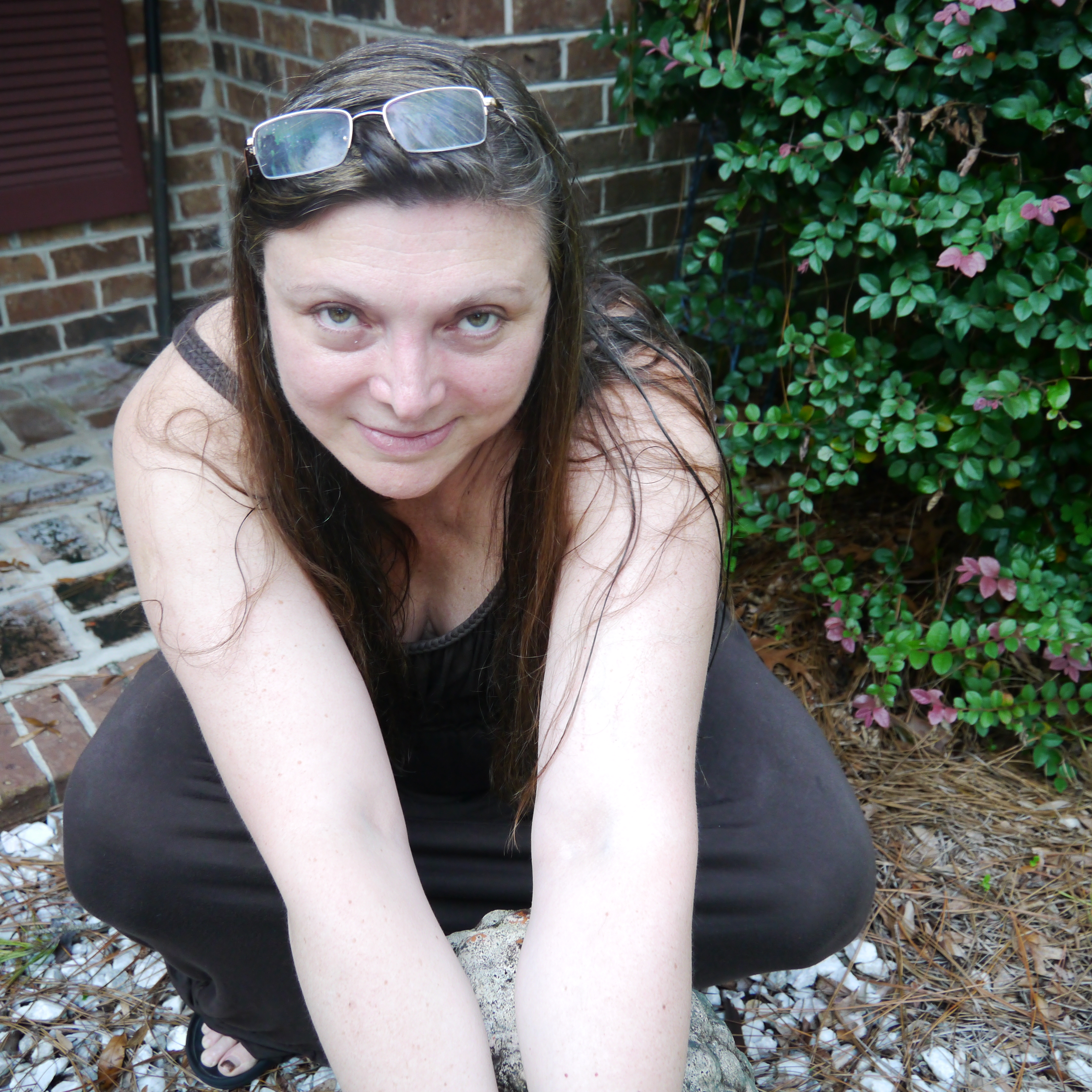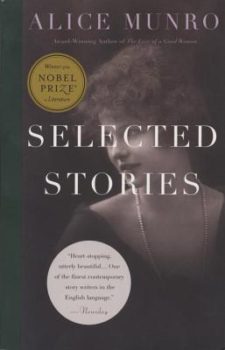Sometimes, when you’re faced with a blank page, the thought of filling that page with even one word of your own is Just. Too. Daunting. Here’s an exercise for those days. You won’t need to write a single word—you’ll be taking words away.
Find a paragraph of someone else’s writing. It can be a passage from a story or essay, a section of a news article, whatever. Cross off or delete words and create a mini-story (or story fragment) of 60 words or less from the remaining words. For an extra challenge, keep the original paragraph’s word order.
Here is a passage to get you started, from Tom Junod’s essay “My Mom Couldn’t Cook,” in Esquire:
See, I had figured that my mother hated cooking for the obvious reason that she hated cooking for my father. She could never satisfy him. Indeed, she hated cooking for him so much that he kept their marriage intact by absolving her of the responsibility — by taking her with him to Roosevelt Raceway, where they ate at the Cloud Casino, while I stayed home and panfried a shell steak in the salted pan and made spaghetti with butter-and-cheese. But I was absolved of responsibility as well. I was in high school, stoned and rapacious and suddenly free to be disloyal, by which I mean I was suddenly free to tell the truth. Like most human beings, I grew up making the connection between food and love; what I began to realize when I started cooking for myself was that the more necessary connection was between food and honesty. My parents were both charmingly dishonest people; my father’s lies were such that he couldn’t admit them except to urge me to develop, like him, “a little larceny in your soul,” but my mother could, since most of her lies were about food. “Oh, I’m a terrible fibber,” she’d say, and then blithely assert that the Mott’s applesauce she’d doctored with lemon and cinnamon was “homemade” or that she’d spent “hours over a hot stove” cooking the package of frozen Banquette fried-chicken drumsticks on our plates. She’d say this with a knowing cackle that served simultaneously as an admission of guilt and as a warning that we must never say that she was guilty. Food was love, all right, and we had to tell my mom that we loved her by buying into her “fibs” about it. To do otherwise was not only to make her cry but also to risk the wrath of my dad, who was as fearsome in his defense of my mother as he was in his attacks upon her. And so dinnertime became an exercise in swallowing a fiction that everybody knew was untrue, and the story that was repeated over and over and over again in my family (the other enforced fiction in my family being the fiction that the story you were hearing for the hundredth time was a story you’d never heard before) was the time my mother made a huge vat of her “homemade” applesauce for my brother’s wrestling-team dinner and my brother ate the whole thing in order to spare my mother the knowledge that nobody else did.
This exercise based on a recent Crazyhorse “Cross-off” Contest. It’s great for those times you feel utterly stuck, because it asks you to go about writing in a completely different way: taking away rather than adding, using someone else’s words to create something new of your own. It shakes up your approach, and often when you’re stuck, that’s all that’s really needed.





